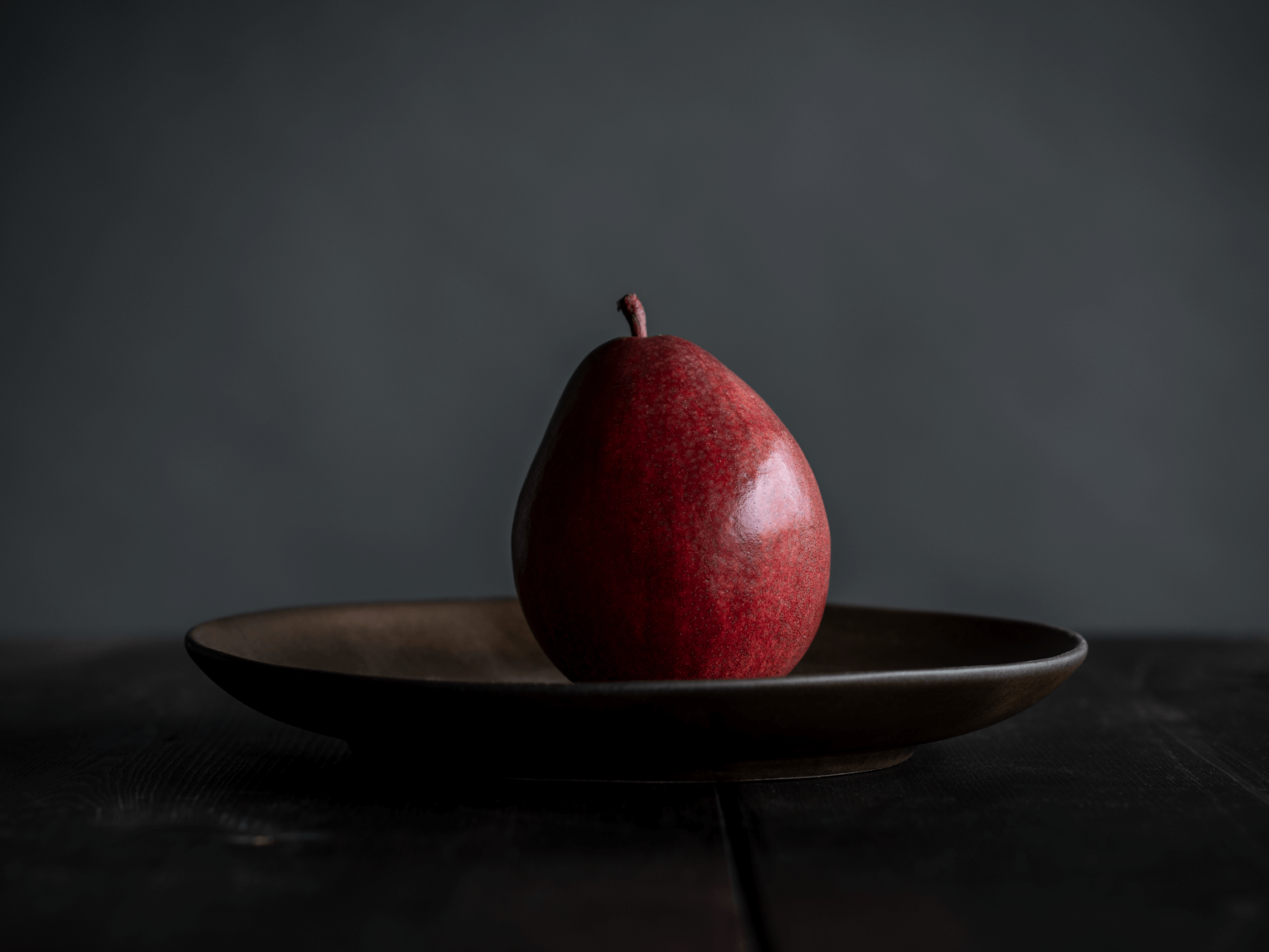Pears and Antioxidants
Pears are packed with powerful antioxidants – bioactive compounds that neutralize free radicals that cause inflammation and cellular damage and may lead to various illnesses, such as cancer, cardiovascular disease, diabetes, and neurodegenerative disorders. We are exposed to free radicals from the environments we live in, foods we eat, stress, and lifestyle choices (e.g. smoking). Free radicals steal electrons from surrounding tissues, leading to cellular or genetic damage, altered cellular behavior, and ultimately, cell dysfunction or death. But, consuming healthful foods with an emphasis on fruits and vegetables rich in antioxidants may defend against this damage!
Pears naturally contain two principal types of antioxidants, vitamin C and phytonutrients. Vitamin C, the “antioxidant vitamin,” is essential for human health and a strong antioxidant found widely across the plant kingdom. Phytonutrients (phyto meaning plant, from the Greek) are found in fruits and vegetables and thousands have been studied and identified as having anti-inflammatory and antioxidant properties. Pear phytonutrients are concentrated in the peel of the fruit and primarily consist of polyphenols, flavonoids (a special subset of polyphenols), and terpenoids.1-3 The presence of antioxidant compounds in the colorful peel of the pear is 6 to 20 times higher than in the flesh of the pear!4 This is because these compounds provide the vibrant colors, flavors, and aromas that attract pollinators or deter pests, and enzymatic complexes that protect against or repair infection and damage.
In the human body, antioxidants work together in unique and complex ways, from replacing electrons in damaged cells to blocking inflammatory pathways. Vitamin C is essential for cell growth and repair, proper immune function, protection from infectious diseases, and healing of wounds and bruises; interestingly, phytonutrients are not considered nutrients. This isn’t because we don’t need them! The human body evolved as an intricate network of processes necessary to maintain health, and indeed, small amounts of many phytonutrients work synergistically to exert tremendous health benefits. Thus, when we eat the whole fruit, we gather more benefits because we consume a team of phytonutrients.
Pears are nutrient-dense, rich in antioxidants, and delicious! For more details, check out what the American Institute for Cancer Research has to say about the unique phytonutrients found in pears.
1. Kolniak-Ostek J. Chemical composition and antioxidant capacity of different anatomical parts of pear (Pyrus communis L.). Food chemistry. 2016; 203, 491-497.
2. Lesellier E, Destandau E, Grigoras C, Fougere L, Elfakir C. Fast separation of triterpenoids by supercritical fluid chromatography/evaporative light scattering detector. Journal of chromatography A. 2012; 1268, 157-165.
3. Brahem M, Renard CM, Eder S, et al. Characterization and quantification of fruit phenolic compounds of European and Tunisian pear cultivars. Food research international (Ottawa, Ont). 2017; 95, 125-133.
4. Li X, Wang T, Zhou B, et al. Chemical composition and antioxidant and anti-inflammatory potential of peels and flesh from 10 different pear varieties (Pyrus spp.). Food chemistry. 2014; 152, 531-538.
Learn more about pear nutrition!
Nutritious and Delicious!
Everything There is to Know About Pear Nutrition
Pears are among the most cultivated and most popular fruits in the world, and not just because they’re delicious. This humble little fruit supports a healthy heart and an active lifestyle, read on to learn why.
LEARN MOREPears are an excellent source of fiber!
Pears and Fiber
Pears are one of the leading fruit sources of fiber. A medium-sized pear packs 6 grams of fiber, which equals about 21% of the recommended daily value. The skin contains the majority of the fiber found in a pear, so enjoy the skin for added flavor, texture, and nutrients.
LEARN MORE